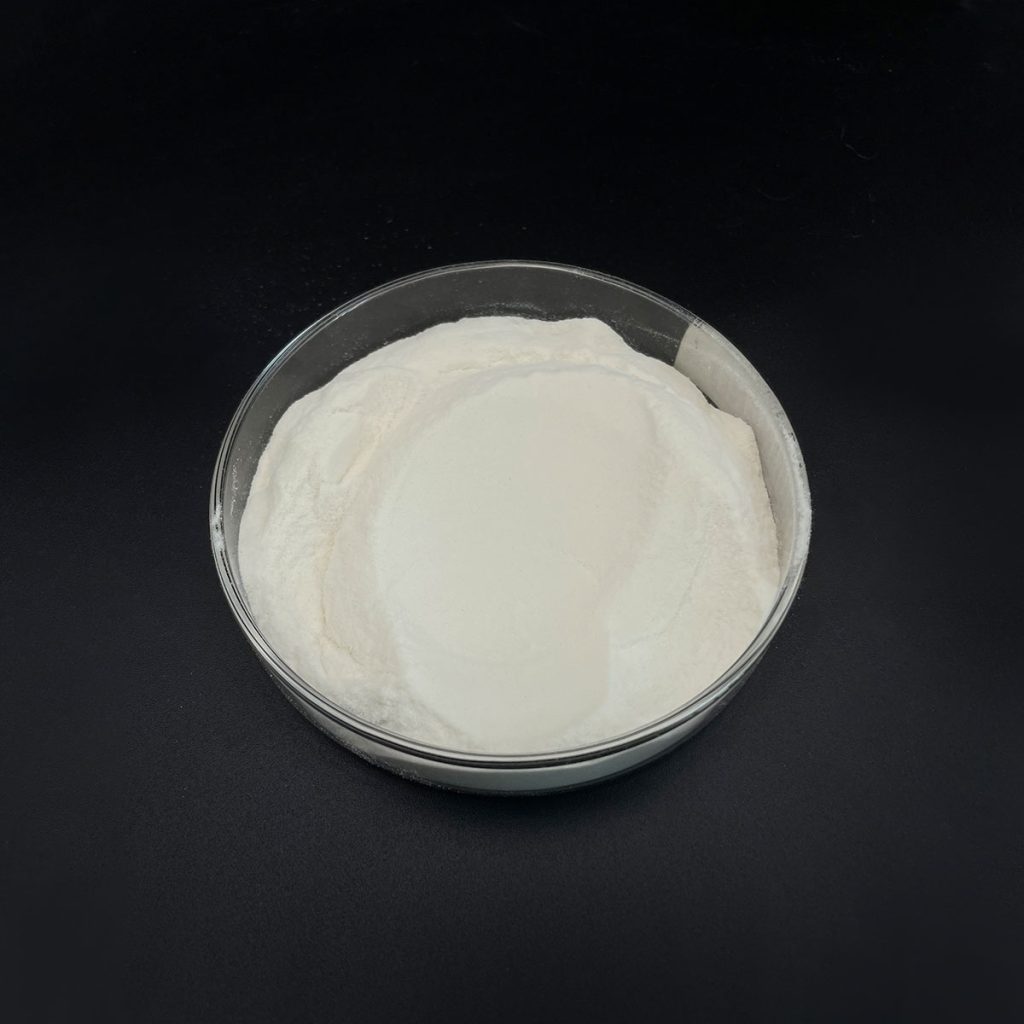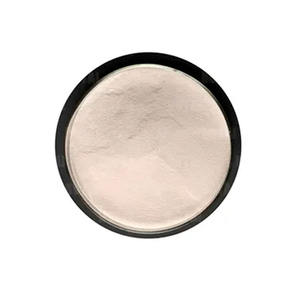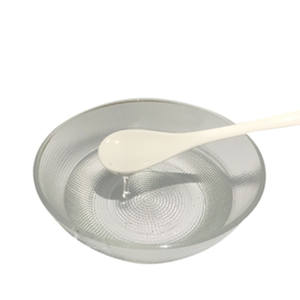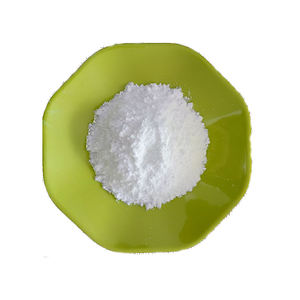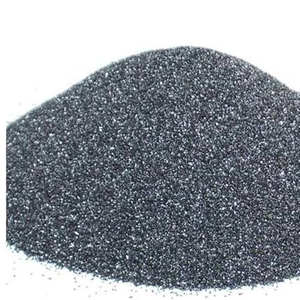Safe and reliable laboratory chemicals | RBOSCHCO- Chemicals Online
PRODUCT PARAMETERS
Description
| Coconut oil fatty acid sodium alanine CAS 90170-45-9 Properties | |
| Other Names | N/A |
| CAS No. | N/A |
| Compound Formula | N/A |
| Molecular Weight | N/A |
| Appearance | Colorless to light yellow transparent liquid |
| Melting Point | N/A |
| Boiling Point | N/A |
| Density | N/A |
| Solubility in H2O | N/A |
| Exact Mass | N/A |
| Coconut oil fatty acid sodium alanine CAS 90170-45-9 Health& Safety Information | |
| Signal Word | N/A |
| Hazard Statements | N/A |
| Hazard Codes | N/A |
| Risk Codes | N/A |
| Safety Statements | N/A |
| Transport Information | N/A |
(Coconut oil fatty acid sodium alanine CAS 90170-45-9)
Overview of Coconut Oil Fatty Acid Sodium Alanine (CAS 90170-45-9)
Coconut oil fatty acid sodium alanine, with the Chemical Abstracts Service (CAS) registry number 90170-45-9, is a derivative of coconut oil. It is a surface-active agent that finds widespread applications across multiple industries. This compound combines the natural benefits of coconut oil with the functional properties of sodium alanine, resulting in a unique product that offers excellent emulsifying, wetting, and dispersing capabilities. Coconut oil fatty acid sodium alanine is recognized for its biocompatibility, sustainability, and environmental friendliness.
Characteristics of Coconut Oil Fatty Acid Sodium Alanine
Biocompatibility: The compound is non-toxic and non-irritant, making it safe for cosmetics, pharmaceuticals, and personal care products.
Surface Activity: It exhibits excellent emulsifying and wetting properties, enabling it to stabilize emulsions and dispersions effectively.
Sustainability: Derived from renewable coconut oil, it offers a sustainable alternative to synthetic surfactants.
Stability: Coconut oil fatty acid sodium alanine remains stable across various pH and temperature conditions, ensuring reliable performance.
Versatility: This compound can be used in various formulations, including emulsions, gels, lotions, and detergents.
Application of Coconut Oil Fatty Acid Sodium Alanine
Cosmetics and Personal Care: It is widely used in creams, lotions, shampoos, and conditioners to improve texture, stability, and skin feel.

Cosmetics and Personal Care
Food Processing: Coconut oil fatty acid sodium alanine serves as an emulsifier in food products such as dressings, mayonnaise, and ice cream, enhancing their texture and stability.

Food Processing
Pharmaceuticals: It finds applications in drug delivery systems, topical formulations, and emulsions due to its biocompatibility and emulsifying properties.

Pharmaceuticals
Industrial Applications: This compound is used in lubricants, paints, and coatings to improve flow properties and stability.

Industrial Applications
Biodegradable Surfactants: Coconut oil fatty acid sodium alanine's biodegradable nature makes it a preferred choice in eco-friendly cleaning products and detergents.

Biodegradable Surfactants

Company Profile
NANOTRUN(www.rboschco.com) is a trusted global chemical material supplier & manufacturer with over 12-year-experience in providing super high-quality chemicals and nanomaterials, including boride powder, nitride powder, graphite powder, sulfide powder, 3D printing powder, etc.
The company has a professional technical department and Quality Supervision Department, a well-equipped laboratory, and equipped with advanced testing equipment and after-sales customer service center.
If you are looking for high-quality Coconut Oil Fatty Acid Sodium Alanine, please feel free to contact us or click on the needed products to send an inquiry.
Payment Term
L/C, T/T, Western Union, Paypal, Credit Card etc.

Shipment Term
By sea, by air, by express, as customers request.
FAQ
Q1:
Is Coconut Oil Fatty Acid Sodium Alanine safe for skin use?
Re: Yes, Coconut Oil Fatty Acid Sodium Alanine is generally considered safe for skin use. It is non-toxic and non-irritant, making it suitable for cosmetics, personal care products, and pharmaceuticals. However, conducting a patch test before widespread application is always recommended.
Q2:
What are the main benefits of using Coconut Oil Fatty Acid Sodium Alanine?
Re: The main benefits of using Coconut Oil Fatty Acid Sodium Alanine include its excellent emulsifying, wetting, and dispersing properties. It improves the stability and texture of emulsions and dispersions, making it suitable for various cosmetics, food processing, and pharmaceutical applications.
Q3:
Is Coconut Oil Fatty Acid Sodium Alanine derived from renewable resources?
Re: Yes, Coconut Oil Fatty Acid Sodium Alanine is derived from renewable coconut oil, making it a sustainable alternative to synthetic surfactants. This compound offers the advantages of a natural, renewable resource while maintaining the functionality of traditional surfactants.
Q4:
Can Coconut Oil Fatty Acid Sodium Alanine be used in food products?
Re: Yes, Coconut Oil Fatty Acid Sodium Alanine can be used as an emulsifier in food products such as dressings, mayonnaise, and ice cream. It helps enhance the texture and stability of these products while maintaining their quality and taste. However, its use in food products should be by food safety regulations and guidelines.
Q5:
Is Coconut Oil Fatty Acid Sodium Alanine biodegradable?
Re: Yes, Coconut Oil Fatty Acid Sodium Alanine is biodegradable, meaning environmental microorganisms can break it down; this makes it an environmentally friendly choice for surfactants in detergents and cleaning products. Biodegradability reduces the environmental impact of this compound, promoting sustainability.

